

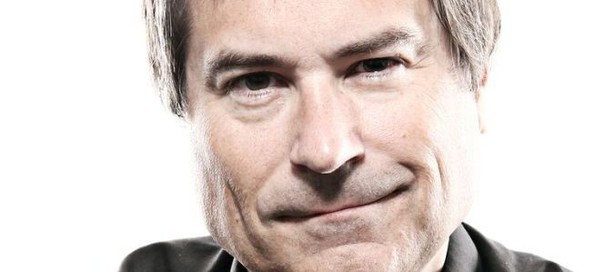

At E3 we sat down with David Braben to talk about the Xbox One version of Elite: Dangerous. What we actually ended up talking about was far more interesting. Below are his thoughts on the industry's rapid rate of change, VR's obstacles, the death of retail, publishers competing on quality, and how to keep your feet on the ground when your fans start throwing money at you and your dream project gets the green light.
On developing for rapidly-changing technology
"In the 32 years I've been in the industry, it's never stopped changing. If you ever start a project targeting where things are the day you make that decision, you've lost. You always have to be thinking about where technology will be when you ship, and if you at least aim for that, you'll get quite close. We released RollerCoaster Tycoon 3 in 2004, and during development when we said we were supporting pixel shaders, people said we were mad, because the cost of the machines then was so high. Within a year, what was an $8000 workstation was a $2000 workstation. The point is, you future-proof things. If we'd have gone with the typical tech of the day it would have been outdated in a year or two.
"It's the same with Elite with 4K support. [People were saying] 'Don't you know the cheapest 4K monitor is £8000?' Which was true. They were really bleeding-edge then. But by the time we released you could get 4K monitors for maybe $600, and now they're sub-$300, for the cheapest, smallest ones. So supporting 4K, 8K, 16K – OK, 16K does seem a bit bonkers still. [But] the future keeps changing. You have to aim for where the future will be, and you have to think, over the lifetime of the game, what will change. The world, the way it is now, with being able to [continually] update games, is great. You can keep keeping it current."
On VR, Elite: Dangerous, and the medium's obstacles
"I'm afraid, as an industry, about VR and how it will play out. It has that slightly 'bandwagon' feel about it. VR is great, don't get me wrong, and I enjoy it. We've supported it wholeheartedly right from the start. I think we're the only AAA game that today has support in for VR for the consumer. I don't mean demos people have done: there have been great demos, don't get me wrong. But they're not out yet, or they're stand alone demos that aren't in the consumer game. And that's been great, we've learned such a lot from it. But what I suppose the concern is, when [VR] goes broad, if it goes broad, is seeing your kids on the sofa, even more disconnected than they are now, with headphones and headsets on, I think from a parental point of view is going to be a negative.
"I think that as an industry we need to thinking about that now. About how we position it. I think it's important that someone when they come into the room they can see what [you're] doing. Currently, that's not necessarily the case. It's that sort of thing that I think is important, and whilst [VR] is still at the moment, let's admit it, quite niche, we know of a number of production [units] coming very shortly. And so I suppose that's just a concern.
"I think the experience is great, the vibe is amazing. It's really good, and I'm impressed as to where Oculus are with their controller as well. But we've just got to think about that. And that isn't just me criticising [VR], I think it's great. I just think that we've got to get our position and messaging right, and make sure the games are things that people will be comfortable with. It's stating the obvious, but I actually don't think that head-mounted displays are best for all games."
On self-publishing, being able to sell directly to consumers, and... game reviewers
"It's amazing. It's really brilliant. We're not working with a publisher. One of the great things about the process of crowdfunding is that you build a community of likeminded people and say 'this is what we want to do'. And then people [join] who feel the same way. That's not always been the case. Often a publisher would put in their own staff who has their own views on things, which may conflict with yours. They might not even be fans of the game, or the type of game that you are making. That doesn't really work very well.
"Same with reviewers. I hate it when a reviewer says 'this isn't my kind of game, but' and then goes on to review it. Why are you reviewing it then, because you probably wouldn't buy it. That particular review was of RollerCoaster Tycoon, in fact. Having said that, when you have good people working together who really want something: we've got such an amazing community with Elite Dangerous, who are very supportive of the game. We do listen to what they've got to say. And we have changed things when people have said 'oh we prefer it this way'. Quite often, the way people play a game is slightly different to what we'd expected, and so we've changed the way the game works because of that. I think that's really positive.
"What used to be the case, as recently as five years ago, was that whether a game was made or not was dictated by whether or not you could sell it. The limiting factor, as it were, was shelf space: actually getting into shops. That was really controlled by the likes of Activision, EA, Microsoft, Sony: it was very very hard to get shelf space in big retailers, if you weren't one of those people. Even the second-tier publishers had a really hard time getting more than one facing of their game, and they had to choose which game it was. It killed the longevity. To me, the last nail in the coffin of retail was pre-owned, which just took the legs out of the long tail. Which is where you make back your money: to have to make it back in the first two weeks is lethal. You've got to pay in advance for the units to be manufactured, because that's shorter than the re-manufacture time. You need such a big investment: it's a big risk, and it means for a company like Frontier, we just wouldn't have an in.
"This [online retail, Kickstarter] changes things, not just the fact we're going directly to customers and we don't need stock, but we are competing side-by-side with EA and Activision. And we're competing on quality. What's suddenly changed – and I think this is why games have gotten a lot better lately, and by that I mean the last five years or so – is partly because the internet is really critical of things that aren't very good. You know when something's not very good, even if you haven't played it. Don't get me wrong, there are a lot of haters on the internet for everything, but I think what happens is that it is the quality which determines if it sells, and that is so good, so healthy. Long may it last. It's a wonderful thing.
"It also means we as a company can sell in places where we just couldn't previously sell. A game like LostWinds, for example: our biggest territory was China, not the US like you'd expect. US was number two. In the world of five years ago, we would have needed an office in every province to do that, an office in every US state. And therefore you need a big throughput of games to be able to satisfy all those offices, to pay for them. The fact that the world has changed is brilliant from the viewpoint of content creation, and from that of gamers, because what I think we will now see is the cost of games decreasing. Because the costs of releasing a game have gone down – the cost of printing the discs, the trucks, shipping them around the world. And the risk factor of having inventory that doesn't sell through [has been eliminated]."
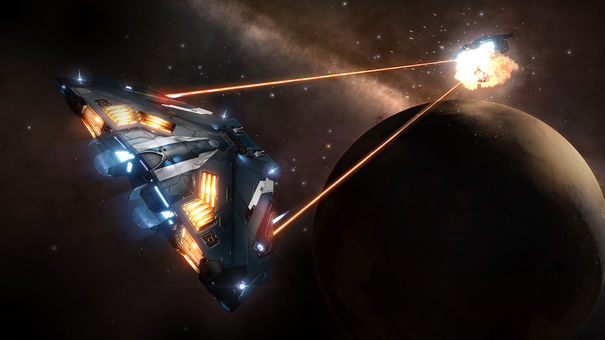
On Kickstarter, wads of cash, and keeping your feet on the ground
"The underlying danger is believing your own hype. That is a huge danger. It's very, very easy to do that, and you see it time and again in every industry, it's not just games. We've known we've wanted to do this [Elite: Dangerous] for a while: we saw the trends, we saw the opportunity coming – so that's why we did the WiiWare launch title LostWinds, which we did off our own ticket. We said 'right, we're going to use our own processes, still have milestones, still be disciplined about date dates, we're going to follow the same processes', except we're going to plan NOT to do certain things. Because we think it's a benefit, not because we want an easy life. And it worked brilliantly. It was much more efficient...working with a publisher, bizarrely some of the people you work with won't be very experienced in game development. So you would have to make a build 'pretty', otherwise they'd hate it.
"Whereas what we did was build an internal gameplay prototype that we didn't have to make beautiful, we just had to make it feel beautiful. Previously we were making things that didn't feel beautiful, but looked great. That is just such a distraction, and is actually very expensive. If you just focus on making it feel right, you can rapid prototype it and say 'that's what we want, that's how it [should] feel, let's now design the game around those mechanics'. And because you know the mechanics in advance, the timings of those mechanics, you end up iterating a lot less. And then the artists aren't continually reworking. That's fine, and it works. We changed the processes a little bit...we paced it. It worked brilliantly. The team were great as well. It was a team of 12 for three months. Not much later we did the Disneyland Adventures game where we had 400 people working on it. We can do both ends of the scale.
"What [LostWinds] did is show us what worked, and that enabled us to take on the risk of Elite Dangerous, going for a big game. We made sure in Elite that everything was careful...we planned it through. All of these things are important. We had solutions to what we knew were killer problems, and we front-loaded some of the issues, like networking, which we knew were likely to be problematic. We've got a very novel approach to networking, although when [other] people say novel they see it as risk (Laughs)."
On the NES version of Elite, and the difference playing on consoles makes
"I think the NES version was possibly one of the best versions of early Elite. [With consoles],you play sitting back in your chair. That's the difference. I'm very proud of that version, especially as we were squeezing an amazing amount out of a machine people don't realise only has 2k of memory. It's ridiculous."
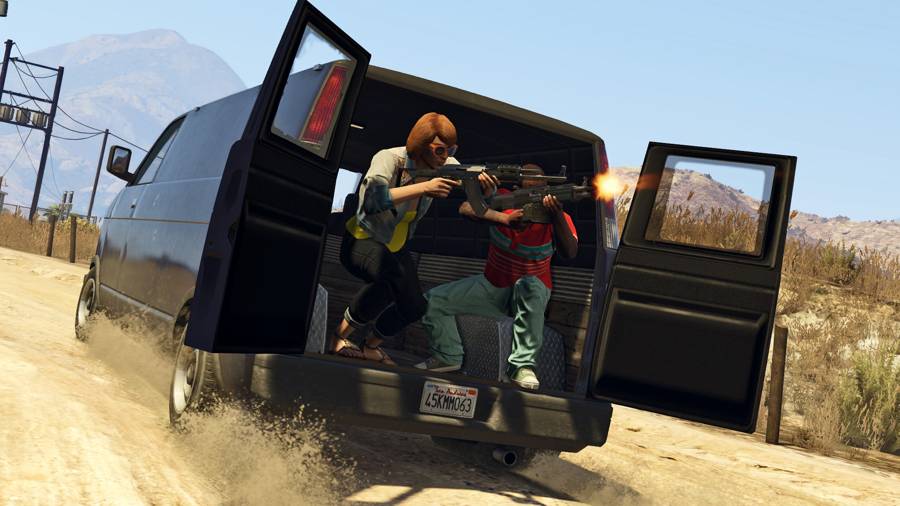
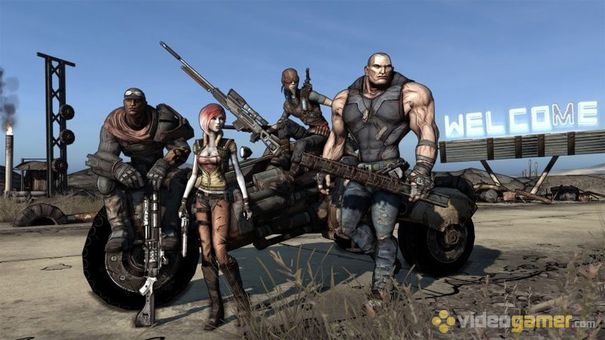
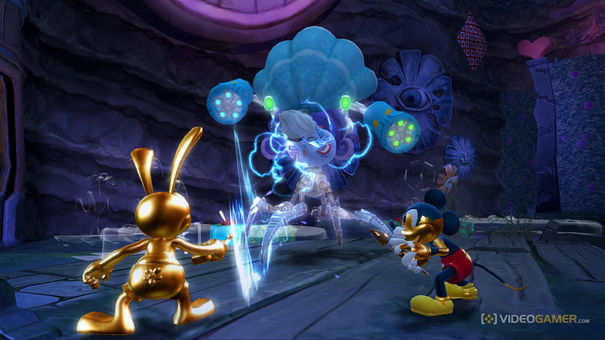
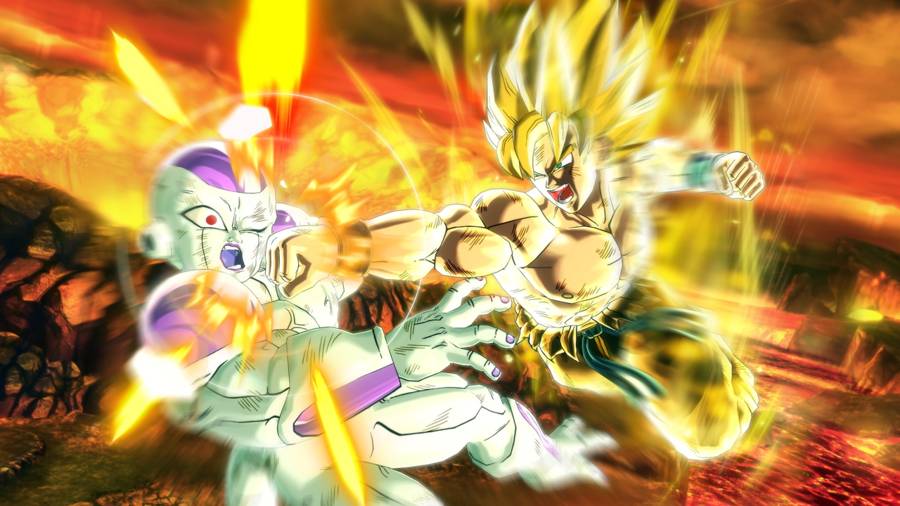
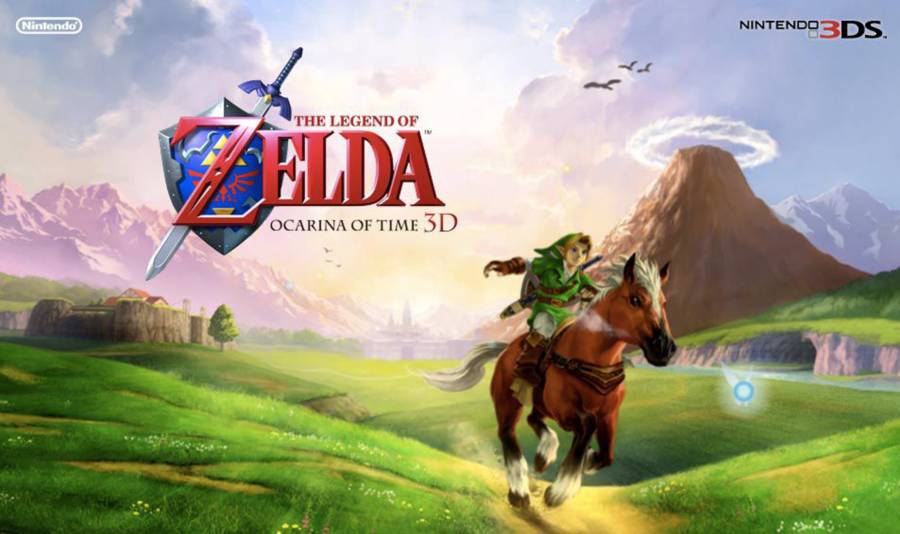 Zelda OoT 3d Kokiri Forest Guide
Zelda OoT 3d Kokiri Forest Guide Learn How to Perform Surgery Using Surgeon Simulator
Learn How to Perform Surgery Using Surgeon Simulator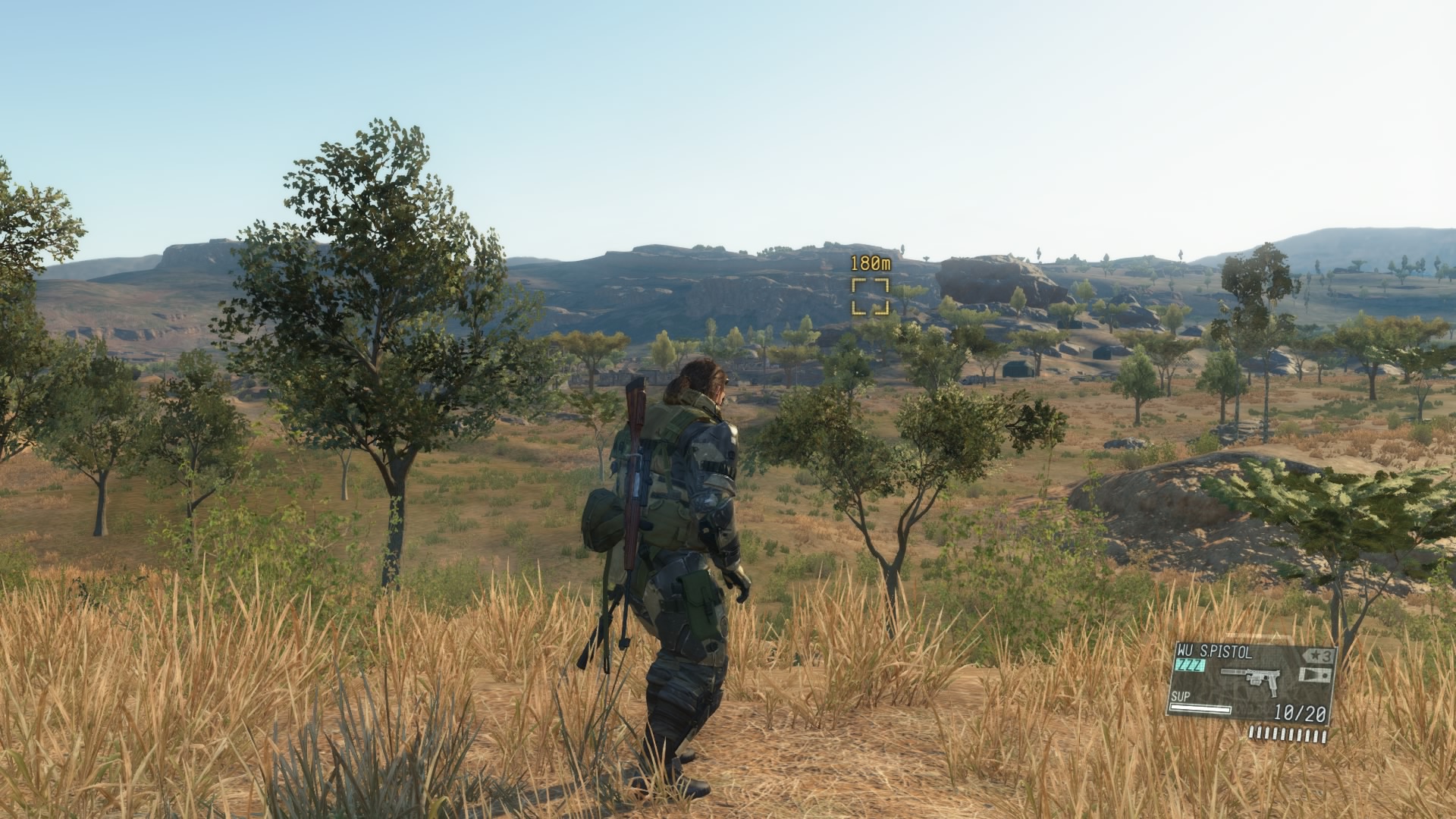 Metal Gear Solid 5: The Phantom Pain Episode 36 – [Total Stealth] Footprints Of Phantoms
Metal Gear Solid 5: The Phantom Pain Episode 36 – [Total Stealth] Footprints Of Phantoms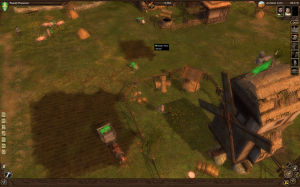 How to be an efficient gamer - AlterGamer
How to be an efficient gamer - AlterGamer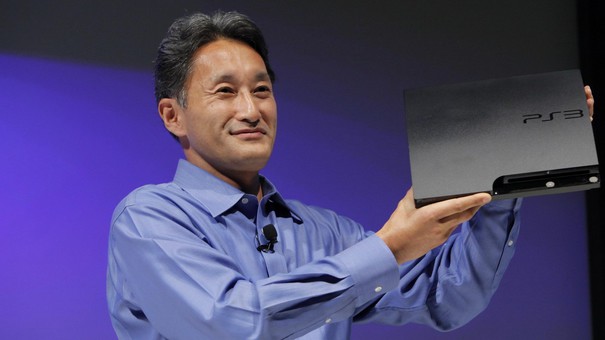 Why Gaming Needs PlayStation 4
Why Gaming Needs PlayStation 4